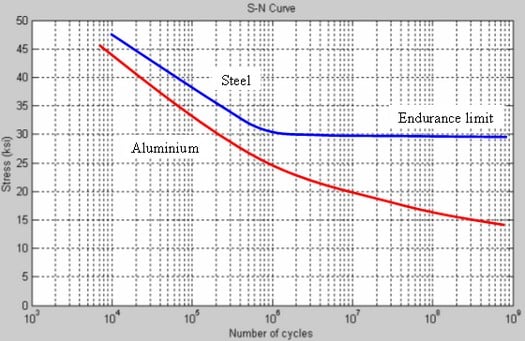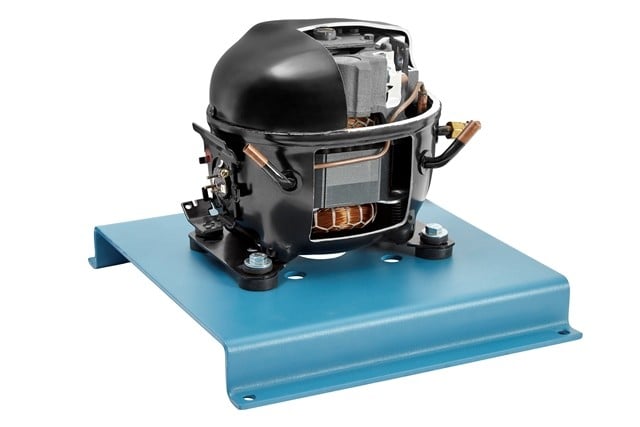|
|
|
More likely something was found elsewhere.
Jase2985:
richms:
If its one that slides in tracks, clean and respray them with the garage door lube will help with shuddering and noise. Otherwise it seems like other household things an industry has sprung up to provide service for them that is not really needed.
why do you say that? if the spring is out of tension then the motor has to work harder and will lead to premature failure. do you have the tools or skills or will, to tension the door springs? there is huge forces involved and potential for injury if not done correctly.
To what extent does the spring tension actually change and need regular adjustment, though? My gut feeling is that it's like refrigeration/AC where the correct amount of refrigerant/spring tension should be applied during commissioning, and never need to be adjusted/refilled unless there is a fault. But shitty installs (and to a lesser extent, greedy servicepeople) result in the view that it's something that needs to be adjusted and topped up regularly like engine oil...
There's a significant difference between gas contained in a closed system, and a mechanical spring that is under significant tension for the majority of it's life. The springs need adjustments as they weaken over time.
I imagine you've seen an old couch with a big divet, or an inner-sprung mattress that's sagging in the middle - by your "never need adjusting after being done correctly initially" suggestion, the couch or bed should never need replacing either.
SomeoneSomewhere:
Jase2985:
richms:
If its one that slides in tracks, clean and respray them with the garage door lube will help with shuddering and noise. Otherwise it seems like other household things an industry has sprung up to provide service for them that is not really needed.
why do you say that? if the spring is out of tension then the motor has to work harder and will lead to premature failure. do you have the tools or skills or will, to tension the door springs? there is huge forces involved and potential for injury if not done correctly.
To what extent does the spring tension actually change and need regular adjustment, though? My gut feeling is that it's like refrigeration/AC where the correct amount of refrigerant/spring tension should be applied during commissioning, and never need to be adjusted/refilled unless there is a fault. But shitty installs (and to a lesser extent, greedy servicepeople) result in the view that it's something that needs to be adjusted and topped up regularly like engine oil...
Yea nah, metal fatigues.
How often you need it done? no idea, but the method i mentioned is a good way to check if it needs done. then you can book a service.
I assume it comes down to the design and material selection of the spring. Rough calculation says valve springs in an engine get a billion or so operations.
The classic diagram looks like this:

Good steel will last effectively forever as long as you stay safely in the elastic deformation region.
Our previous roller doors lasted probably 20-30 years and it was the doors that failed due to flexing; as far as I know the springs were never adjusted except possibly shortly after install.
Ge0rge:
There's a significant difference between gas contained in a closed system, and a mechanical spring that is under significant tension for the majority of it's life. The springs need adjustments as they weaken over time.
Not a HVAC peep but I imagine that if 'a few' molecules of gas slip past the seal every time the pump goes round, eventually the gas level will be too low for correct function.
Most of the posters in this thread are just like chimpanzees on MDMA, full of feelings of bonhomie, joy, and optimism. Fred99 8/4/21
elpenguino:
Ge0rge:
There's a significant difference between gas contained in a closed system, and a mechanical spring that is under significant tension for the majority of it's life. The springs need adjustments as they weaken over time.
Not a HVAC peep but I imagine that if 'a few' molecules of gas slip past the seal every time the pump goes round, eventually the gas level will be too low for correct function.
That's what happens in a car AC system, as the compressor is driven by a rotating shaft from the engine.
Fridges, freezers, and building AC/heat pumps generally have an electric motor driving the compressor, with both being inside a welded shut steel cylinder - a 'hermetic' compressor. The pipes are welded through the can and the cables are sealed with some kind of epoxy.

Bigger systems use 'semi-hermetic' compressors where the can is held together with bolts like an engine head, so it can be opened for service but is normally well sealed in operation.
Does anyone else frequently find themselves oddly at the end of mistaken identity? Or at least that’s what I assume it to be. I seem to keep catching people’s eye contact and then find them watching me like I’m supposed to know them or something.
MadEngineer:
Does anyone else frequently find themselves oddly at the end of mistaken identity? Or at least that’s what I assume it to be. I seem to keep catching people’s eye contact and then find them watching me like I’m supposed to know them or something.
Maybe you have some porridge on your chin?
Which is thicker, tissue paper or toilet paper?
k1w1k1d:
Which is thicker, tissue paper or toilet paper?
Surely depends on individual product specs - how many ply etc.
Also would depend on what you mean by tissue paper. Tissues from a box - or sheet tissue paper as used for gift wrapping?
Sometimes I just sit and think. Other times I just sit.
Toilet paper is made with short fibres so it comes apart quickly in water unless there's already a blockage causing it to wad up.
k1w1k1d:
Which is thicker, tissue paper or toilet paper?
Probably depends on the brand...
As a crude test fold some a few times and measure the thickness. Then do the same on the different product. The difference will grow the more you fold. And then you'll more easily find the answer. Definitely non scientific ;-)
Would someone who has a consumer subscription be willing to send me the robot vacuum article please? And or the laundry detergent one ;) please.
|
|
|
